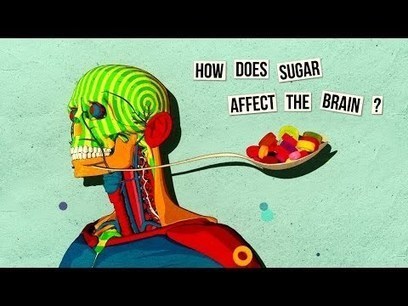Full Article: http://trainugly.com/portfolio/learning/ Our brains our designed to learn the best when we're operating at the edge of our abilities, stretched...
Get Started for FREE
Sign up with Facebook Sign up with X
I don't have a Facebook or a X account
 Your new post is loading... Your new post is loading...
 Your new post is loading... Your new post is loading...

Tracy Shaw's curator insight,
May 9, 2013 4:27 PM
Thought provoking book ------ taking time to 'unplug' is really a necessity we need to model for students. 
Ken Morrison's comment,
May 12, 2013 9:44 PM
Brilliant! Thanks for sharing. Also, congrats on your scoop.it score of 92!
|

Ruth Virginia Barton's curator insight,
February 13, 2015 10:37 AM
"Instead of saying to students, “Pay attention!” what you really want to say is, “Suppress interesting things!” Why? Students already DO pay attention." The point being, prolonged attention paying is a learned skill, practiced. Intersperse teaching with stand-up breaks, quick physical activity. Create "hooks' for attention - previews - and offer rewards - like homework free pass this month - for students who get it right; helps them be invested in topic |




![The Internet May Not Be Doing Our Brains Much Good [Video] | Eclectic Technology | Scoop.it](https://img.scoop.it/QKpk_NmpOe4X88PIkk608Dl72eJkfbmt4t8yenImKBVvK0kTmF0xjctABnaLJIm9)










especially good at about 6 minutes in... see also the trainugly.com website